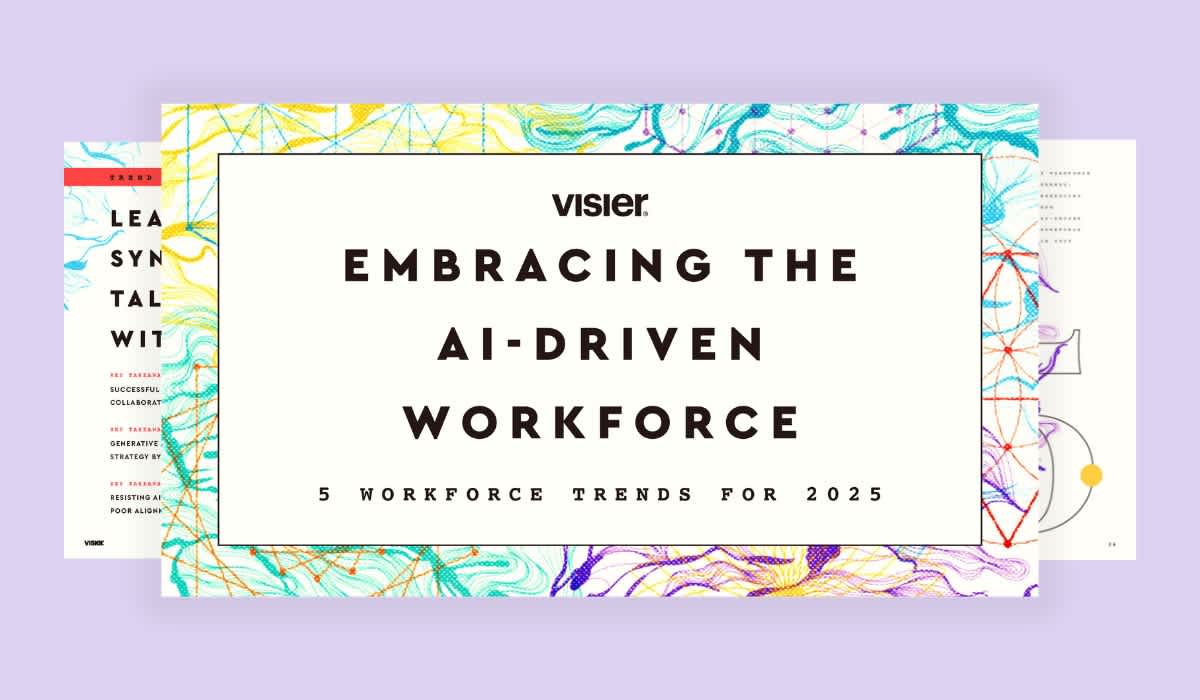What Does DEI Mean?
DEI stands for diversity, equity and inclusion. DEI initiatives promote representation of employees with different backgrounds and abilities.

What does DEI mean? Are DEI and D&I the same thing?
In recent years, companies—and indeed popular culture in general—have placed increasing importance on the concepts of diversity, equity and inclusion, or “DEI.” But what do these terms actually mean, and what – if anything – is the difference between DEI and the related term diversity and inclusion, or “D&I”?
Diversity
Diversity, in the DEI context, refers to the extent to which a company employs people from different backgrounds, with different characteristics and with different experiences. Diversity is often thought of in terms of how many white, Black, Hispanic, Asian-American, etc. individuals a company employees. But diversity is really about much more than race or color. For example, a straight, Catholic, white man from Ohio has many differences from a homosexual, white, Muslim woman from Southeastern Europe.
Equity
Even if a company has objectively fair criteria for promoting individuals, the results of those policies in practice may lead to a relative lack of opportunities for those from diverse backgrounds. That’s where the concept of equity comes into play. For example, a policy that requires a four-year post-secondary degree to be considered for manager-level positions may unintentionally weed out many candidates from lower socioeconomic backgrounds whose families were not able to send them to college. Instead, companies might take a more holistic approach that looks at an individual’s entire skillset, character and engagement to make a determination for promotion instead of relying on a rigid set of objective criteria.
Inclusion
At one level inclusion can be thought of as the next step following diversity in the D&I context. First, a company achieves workplace diversity by actively recruiting and hiring a diverse workforce. Inclusion, as the word itself suggests, means being inclusive of that diversity—valuing the opinions, viewpoints and input of diverse individuals and groups.
Inclusion can also be thought of as ensuring that employees personally feel a sense of belonging with the organization. Inclusion needs to be pursued not just at the organizational level but also at the individual level.
DEI vs D&I
The obvious difference between DEI and D&I is the inclusion of “E” – equity – in the former acronym. This doesn’t necessarily mean that companies that explicitly pursue “D&I” policies and programs have made a conscious decision to exclude equity. Often, it simply means that companies that explicitly pursue a “DEI” policy have made the conscious decision to place special focus and attention on the equity element. Companies that pursue DEI initiatives tend to recognize that there is a real and positive impact to their bottom line when they seek to create inclusive workplaces that take advantage of the widest possible range of ideas, values, insights and creativity.


